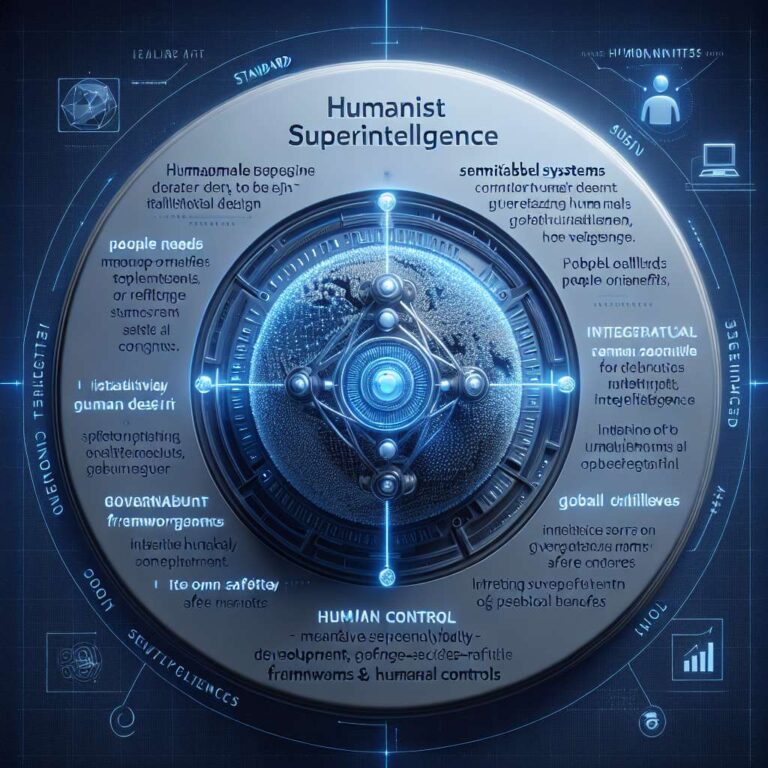Microsoft’s head of Artificial Intelligence Mustafa Suleyman outlined a directional shift in the company’s research toward what he calls Humanist Superintelligence (HSI). Suleyman describes HSI as “incredibly advanced Artificial Intelligence capabilities that always work for, in service of, people and humanity more generally,” and frames the approach as problem-oriented and domain specific rather than an unbounded, highly autonomous entity. The post emphasizes calibration, contextualization, and limits as defining features of systems Microsoft intends to develop.
To pursue those goals Microsoft has formed a dedicated group called the Microsoft Artificial Intelligence superintelligence team. According to the announcement, the effort will marshal massive resources and combine human intelligence, hardware, software, and other forms of intelligence to build steerable systems. The team intends to prioritize ways that the most advanced forms of Artificial Intelligence can remain under human control while accelerating work on pressing global challenges. The description stresses practical, bounded applications over general autonomy.
The post also highlights a central unresolved problem: how to guarantee the safety of superintelligent systems. Suleyman writes that “no Artificial Intelligence developer, no safety researcher, no policy expert, no person I’ve encountered has a reassuring answer to this question. How do we guarantee it’s safe?” That admission frames safety and control as open technical and policy questions that the team must confront. Microsoft positions its Humanist Superintelligence agenda as an effort to explore those questions while steering development toward systems that serve people and broader societal goals.

